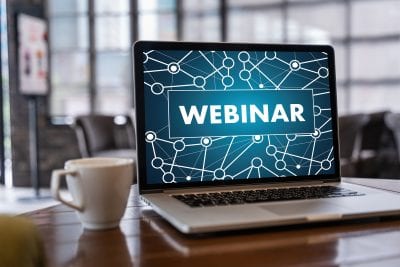Proctoring
2021 OKLIS: Online Excellence Showcase: Surviving The Great Pivot of 2020: OU’s Transition to Online Instruction in First-Year Math Classes
Description: In March 2020, the First Year Math Team at OU, like many others in higher education, transitioned from in-person to online instruction. Much of the online instruction and tutoring carried over into the fall 2020 semester. In this presentation, I will focus on the team’s efforts to allow meaningful student engagement and rigorous assessments in online environments while trying to take into account the additional stress both instructors and students were encountering. The presentation will cover lessons learned and what we hope to take away from this experience.
Facilitators: Dr. Deborah Moore-Russo (University of Oklahoma)
To Proctor, or Not to Proctor? Assessment is the Question
Description: Many faculty approaching a new term of fully remote instruction may now be wondering how to ensure academic integrity and identity of learners outside of the traditional classroom. This session will first provide you with an overview of various techniques to assess learners in the online environment, some of which do not require any form of proctoring. For those cases where proctoring is necessary, a sampling of current online proctoring strategies and technologies will help inform faculty and administrators.
Facilitators: Bucky Dodd (University of Central Oklahoma); Brad Griffith (Oklahoma State Regents for Higher Education)
Online Lab Conundrum – Virtual Workshop
Description: Have you been grappling with whether labs can be delivered effectively in the online environment? This session will review what the Eberly College of Science at Penn State University is doing for online labs, proving that it’s not about the labs, it’s about the outcomes. This highly interactive and collaborative session will utilize problem-based learning to help participants uncover strategies to use in their own courses.
Facilitators: Melissa Hicks (Penn State University)
Online Cheating — Who you have caught?… and how?
Description: Detecting academic dishonesty in the online environment isn’t always easy. This session will focus on tools, tips, and tricks to reduce academic dishonesty in the online environment. The discussion will also give examples of how some of these tools and practices were used to detect and stop student cheating.
Facilitators: Travis Hurst, moderator (Rose State College)

